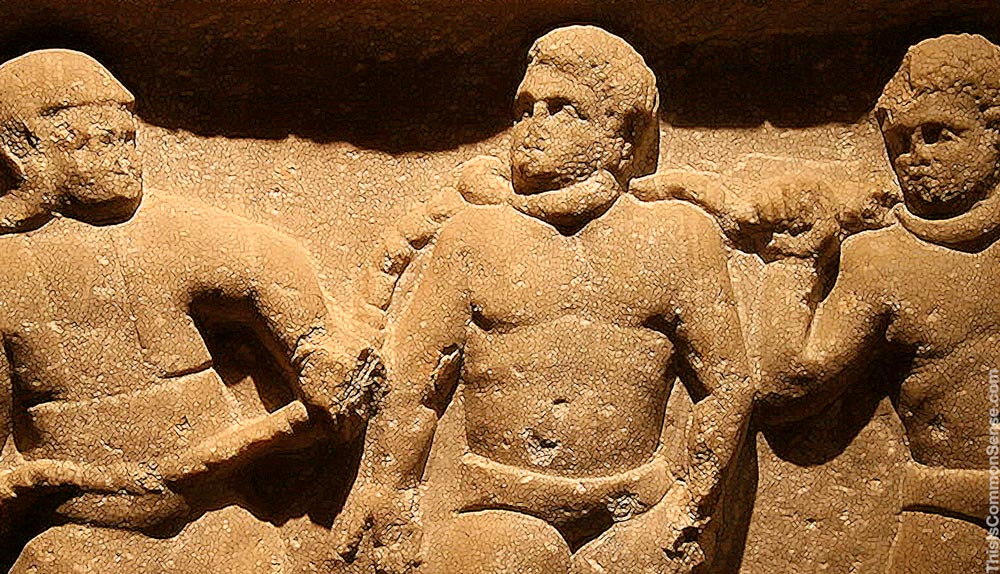A bizarre argument is gaining popularity: the United States of America not merely allowed slavery in its first hundred years, it depended upon it, grew rich by it … and, “therefore,” not only the federal government but also its constitutional principles and even capitalism are all tainted … and … “therefore” … we must have socialism!
Why long-dead chattel slavery requires political slavery now is hard to figure.
And no, you should not need to read George Fitzhugh’s Cannibals All! or Sociology for the South to see that socialism is slavery.*
But these days it is more common to link slavery with … freedom (this is hard even to type) in the form of free markets.
Leftists who make this linkage are helped by some popular historians who argue that since the antebellum South (1) grew faster, economically, than the North, (2) slavery was profitable for slaveholders, and (3) slaves became more productive in picking cotton, the “peculiar institution” was key to American success. Vincent Geloso, a visiting assistant professor of economics at Bates College, writing for the American Institute for Economic Research, ably shows that not one of these three theses hold up to scrutiny.
Most importantly, though, Geloso demonstrates that the slavery system was like all other interventionist systems, with some people (slavers) benefiting at the expense of others (slaves, of course, but also free people … through a variety of subsidies).
Geloso uses the term “deadweight loss” to make his case that slavery made America poorer.
He is certainly not wrong. But once you understand why freedom and prosperity are linked, not much economic jargon is necessary.
This is Common Sense. I’m Paul Jacob.
* This pro-slavery southerner did argue against the very idea of liberty and free labor on the grounds that freedom is bad and socialism is good. Indeed, “Fitzhugh disliked ‘political economy’ (as economics was then called), which he saw as ‘the science of free society,’” economist Pierre Lemeiux explains, “as opposed to socialism, which is ‘the science of slavery.’” That forthright appraisal is about all that’s good in Fitzhugh.

See all recent commentary
(simplified and organized)
See recent popular posts

3 replies on “Slaves All?”
It’s amazing how many people today are scrambling to take on the role of Perpetual Victim. Once that becomes one self-assigned mission in life, doing anything productive would be anathema: you would lose your special status! I need hardly say that such people should be scorned, not encouraged.
Thank you for bringing my attention to the American writer/sociologist/lawyer who believed Locke, Jefferson, and the whole idea of classical liberalism and isonomy is just Wrong for mankind.
What a great name to memorize, because most advocates of socialism won’t see the criticism coming. But it directs the both of you away from “Equality” to the issue of slavery and obedience to masters. Socialism naked.
This is a great historical reference. I also read about him and his theories on Wikipedia, which I recommend to all who read my comment.
https://en.wikipedia.org/wiki/George_Fitzhugh